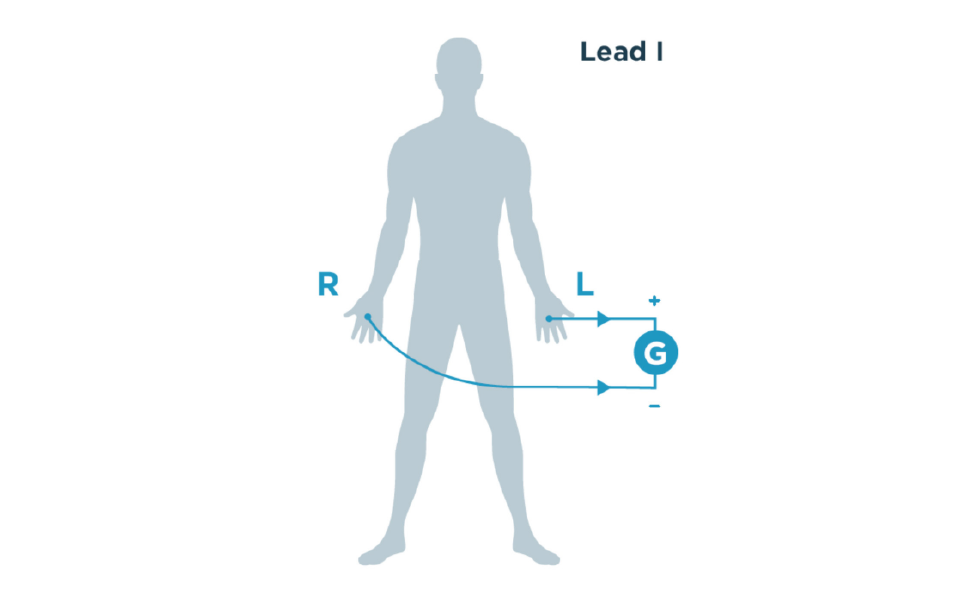
HeartKey®
Built on the premise that an individual’s cardiac rhythm is completely unique just like their fingerprints or iris, HeartKey® identifies and authenticates users by measuring specific points in their heartbeat.
These bespoke algorithms serve different areas to protect the increasingly connected world. HeartKey® secures real-time health and wellness insights, optimised to provide on-device authentication and wellness information on devices of the future.

“HeartKey®’s algorithms offer greater security that protects not only our devices and vehicles, but more importantly, our physical health and safety,” said Alan Foreman, CEO of B-Secur. One of the most flexible and convenient authentication methods available, HeartKey® technology also allows users to unlock deep, data-driven insights into their own health and wellness.”
Beyond Authentication
Beyond authentication, HeartKey® enable users to constantly assess and monitor the muscular and electrical state of the heart in real-world settings. B-Secur’s algorithms can detect potentially dangerous changes in heart rate and rhythm, stress levels, fatigue, respiration and atrial fibrillation. Utilised in mobility, future vehicles’ steering wheels will be able to provide identification, access personalised services as well as monitor driver stress, alertness and cardiac conditions to improve the in-cabin experience and potentially save lives.
Wearables with B-Secur technology will be transformed into near-medical-grade devices that can provide earlier detection of abnormal heart conditions, identify stress and fatigue factors, prevent injury and create personalised fitness goals. Smart wear with HeartKey® technology enables real-time insight of the uniformed worker, enabling improved health, safety, security and data insights not possible before. When used in the home or other environments, the technology could enable a more flexible method of the detection of cardiac conditions enabling the early intervention and prevention of potentially fatal conditions.
As an internal metric, the EKG carries inherent security benefits as it is much more difficult to counterfeit a heart rate pattern. Additionally, it provides a continuous passive state of authentication and uses dynamic indicators to confirm the vitality and presence of the user.